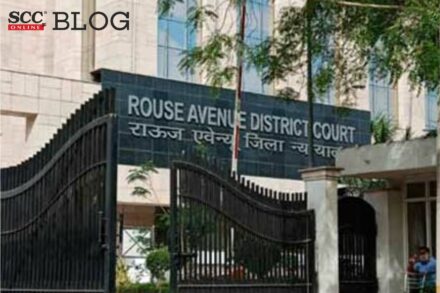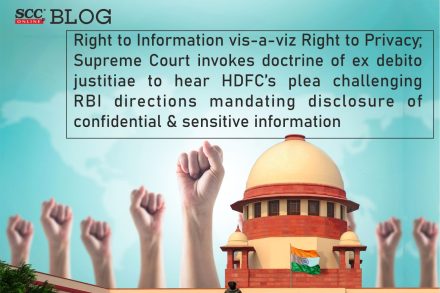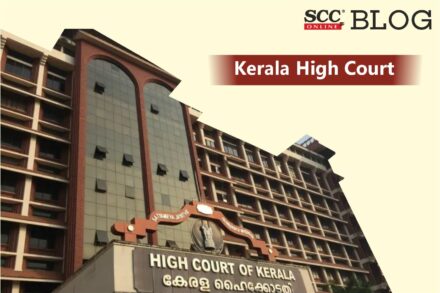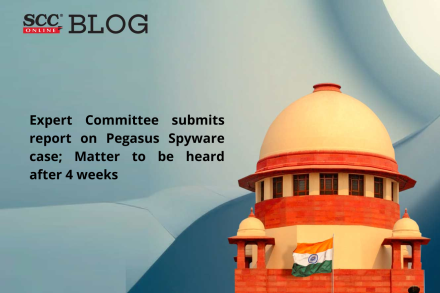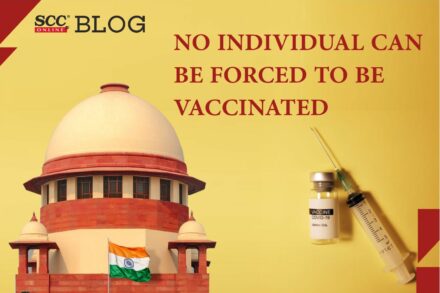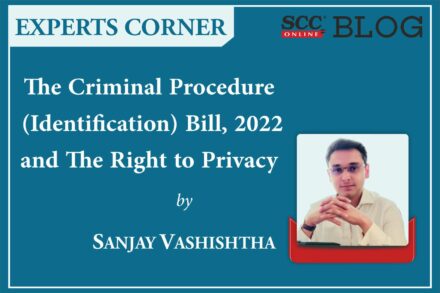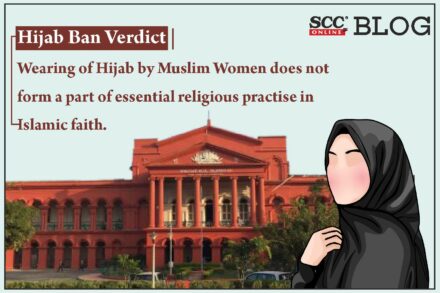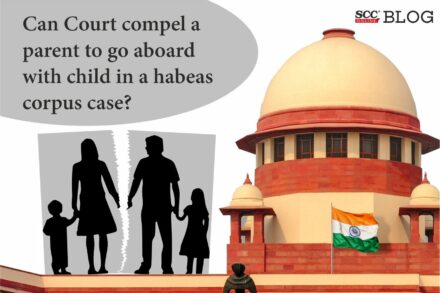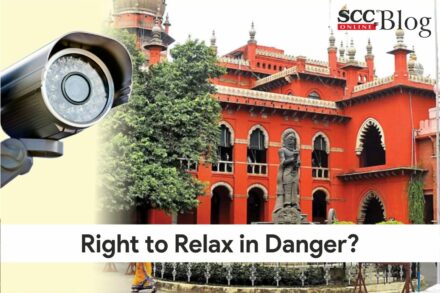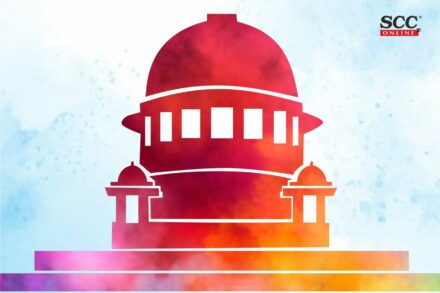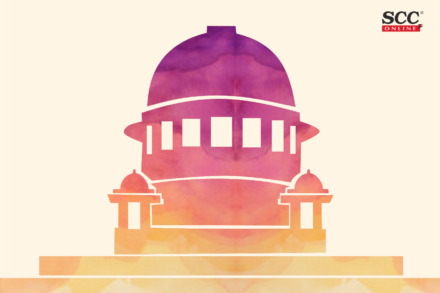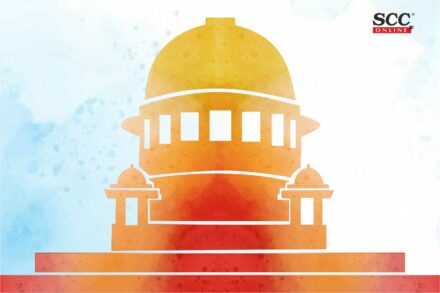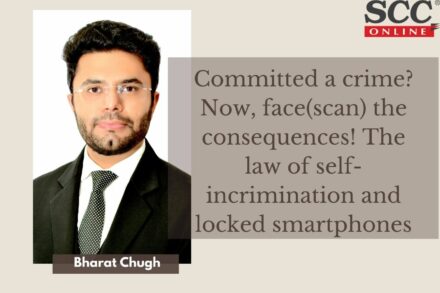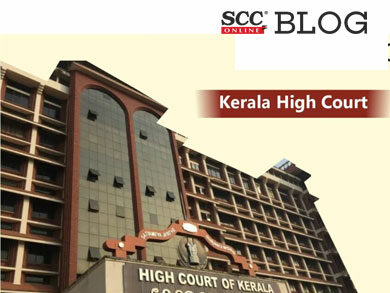
[Right to be Forgotten] | Claim for the protection of personal information cannot co-exist in an Open Court justice system; Kerala High Court directs Registrar of the High Court to publish the privacy notices within two months in both English and Malayalam languages on the High Court and District judiciary websites
Kerala High Court while dealing with the issue of deleting personal information from the Judgments, discussed the different facets of right to privacy of individuals and the interest of the public qua judicial institutions. The Court concluded that the right to be forgotten cannot be claimed in current proceedings, but in appropriate cases the Court has power to invoke this right.


